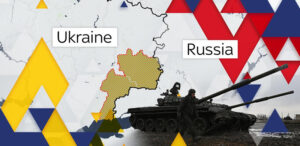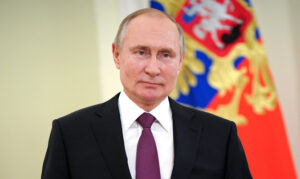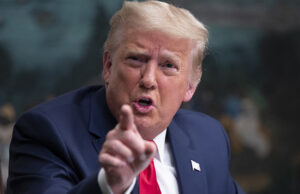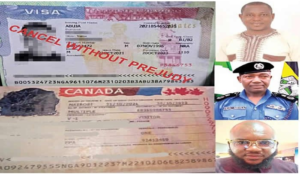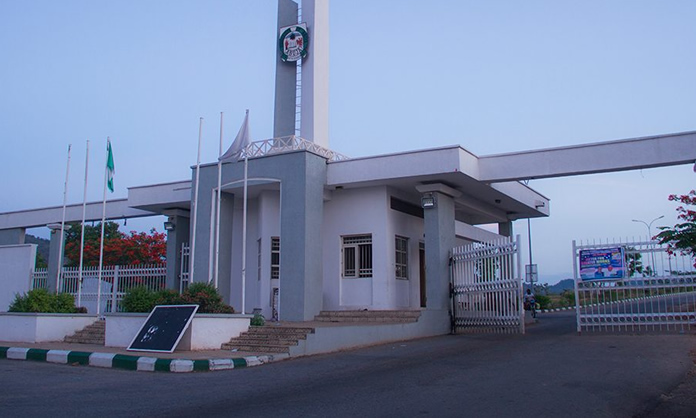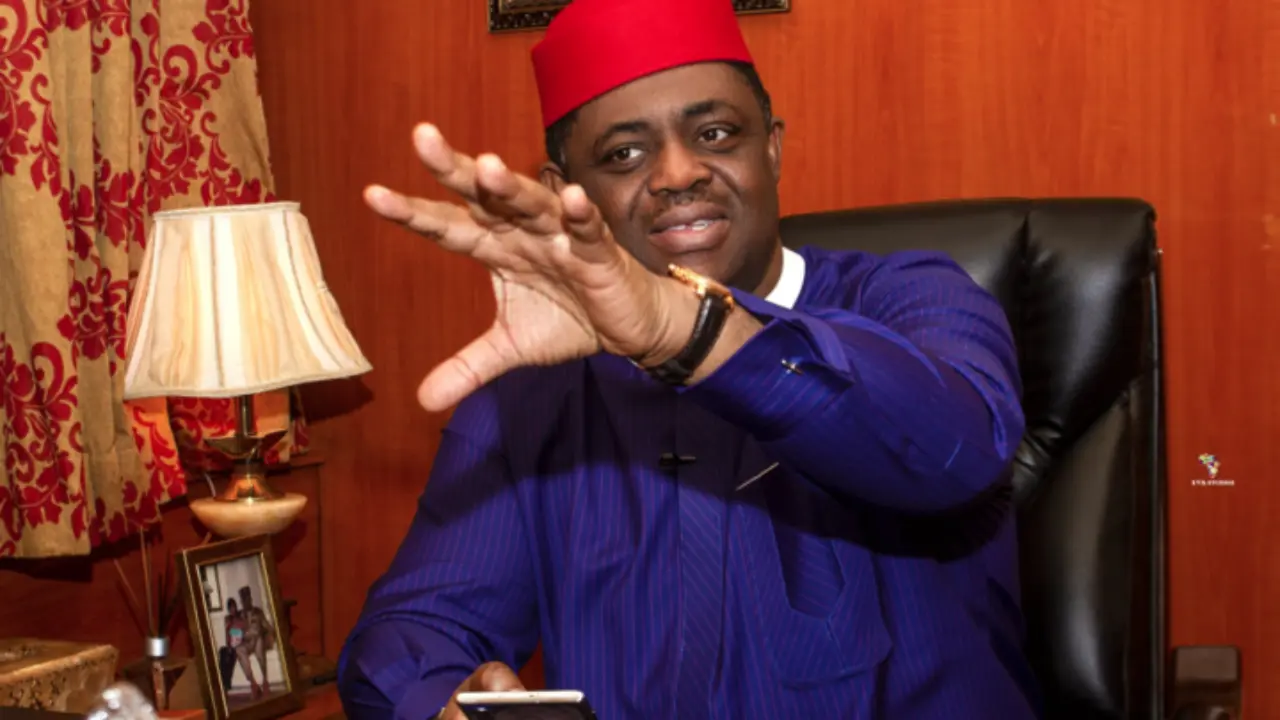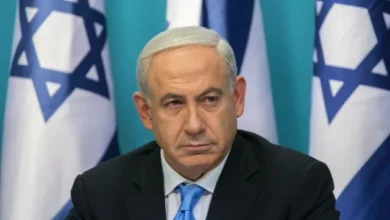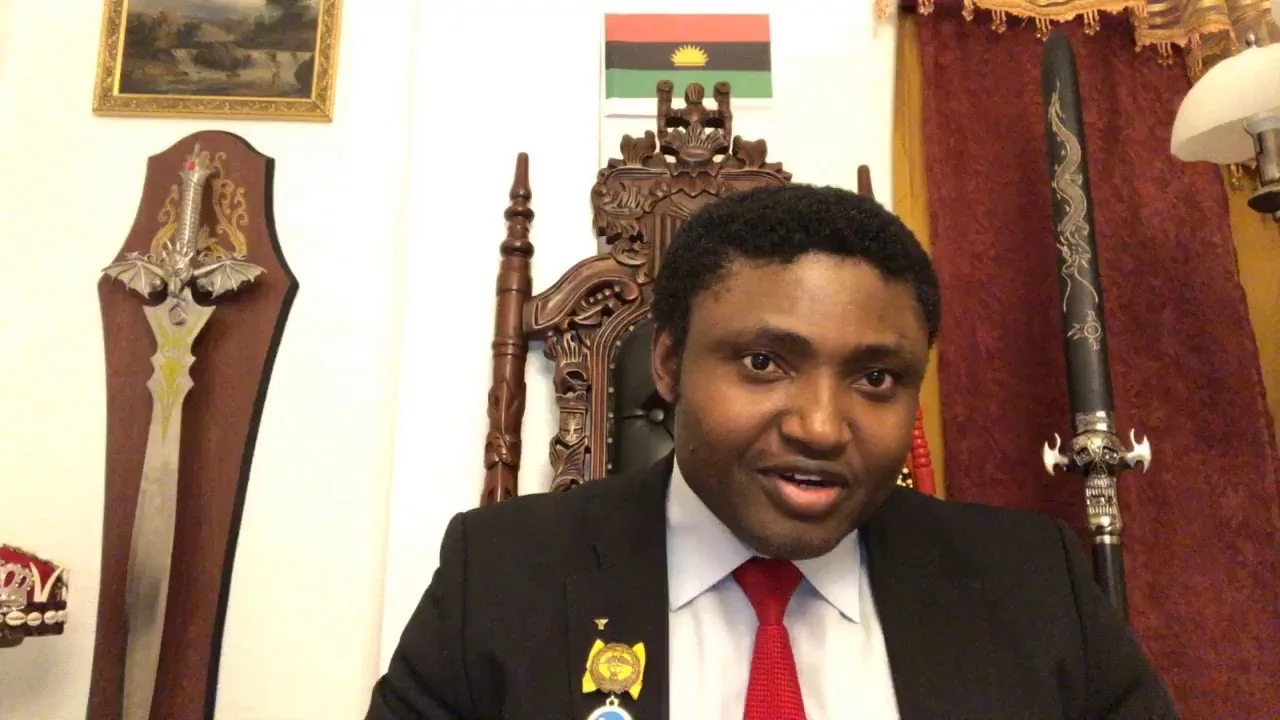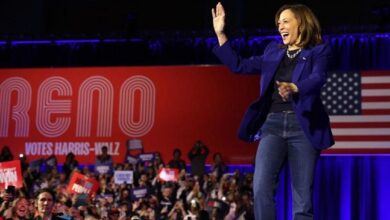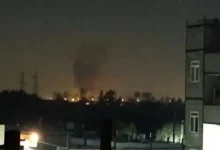Ukraine accuses Arab leaders of turning ‘blind eye’ to Russian invasion
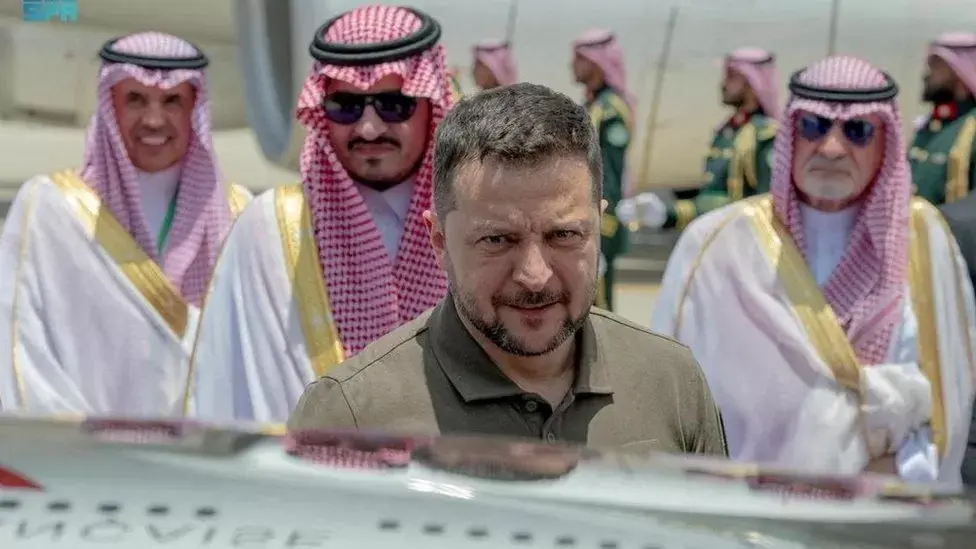
Ukrainian President Volodymyr Zelensky has accused some Arab leaders of “turning a blind eye” to Russia’s invasion of Ukraine, ahead of his trip to the G7 in Japan.
The Ukrainian president made the comments while attending an Arab League summit in Saudi Arabia on Friday.
Of the Arab League nations, only Syria has openly supported Russia’s invasion. Others have sought to maintain good relations with Moscow.
But some states must reflect on their ties with Russia, Mr Zelensky said.
“Unfortunately, there are some in the world and here among you who turn a blind eye to those [prisoner of war] cages and illegal annexations,” said Mr Zelensky.
“I’m here so that everyone can take an honest look, no matter how hard the Russians try to influence, there must still be independence.”
Mr Zelensky also told the assembled leaders in Jeddah that his country was defending itself from colonisers and imperialists, appearing to invoke the Arab world’s own history of invasion and occupation.
Host nation Saudi Arabia has walked a delicate line on the conflict – on the one hand supporting a UN resolution calling for Russia to withdraw its troops and pledging $400m in humanitarian aid to Ukraine, while on the other hand resisting imposing sanctions on Russia, preferring to see itself as neutral on the conflict.
Saudi Crown Prince Mohammed bin Salman renewed his offer for Saudi Arabia to mediate between Moscow and Kyiv to end the fighting at the summit.
Syria meanwhile has only just been readmitted to the Arab League – its leader Bashar al-Assad told the summit there was an historic opportunity for the region to reshape itself without foreign interference.
Mr Zelensky also took aim at Iran, which is not a member of the Arab League, for supplying Shahed drones to Russia. Iran denies supplying drones for the conflict.
The Ukrainian leader will travel from Saudi Arabia to the G7 summit on Sunday, Japan confirmed on Saturday morning. Officials said he will take part in the summit’s leaders’ session and take part in a bilateral meeting with Japanese Prime Minister Fumio Kishida.
Earlier, Mr Zelensky’s office also told Ukrainian media that he would meet with US President Joe Biden “in the next few days” in Japan.
The summit kicked off on Friday with a renewed condemnation of Russia and an announcement of further sanctions.
The group of seven nations, made up of the US, UK, France, Italy, Germany, Canada and Japan, represent the world’s richest democracies. This year, eight other countries including Australia and India have also been invited.
In the past few days Mr Zelensky has visited Italy, Germany, France and the UK, where he nailed down promises of military support. He also continues to push allies to provide advanced fighter jets to Ukraine, but so far no country has committed to directly providing them.
Once he reaches Hiroshima he will probably try to persuade more cautious leaders to provide aid, such as Mr Kishida and Indian leader Narendra Modi.
“By showing up in person, it is a chance for him to ensure he does not come away empty-handed, and that he will head back to Kyiv his arms full with the weapons deals that he wants”, including a promise of lethal weapons from Japan, said John Kirton, director of the G7 Research Group think tank.
Though Japan has been hugely sympathetic to Ukraine, its strict military laws have meant that so far it has only given non-lethal defence equipment.
Earlier on Friday, G7 leaders were welcomed by Mr Kishida at the Hiroshima Peace Memorial Park where they laid wreaths to honour those who died in the US atomic bombing which hastened the end of World War Two.
The summit’s first day ended with a statement in which member countries pledged “new steps” to stop the war in Ukraine and promised further sanctions to “increase the costs to Russia and those who are supporting its war effort”.
They said they would “starve Russia of G7 technology, industrial equipment and services that support its war machine” and limit Russia’s revenue from energy and diamond sales.
Separately, British PM Rishi Sunak told the BBC the UK would sanction the Russian diamond industry, and would target more people and companies connected to Russian President Vladimir Putin.
In response to what it termed “anti-Russian” US sanctions, the Russian foreign ministry announced its own set of sanctions on 500 US citizens, including former US President Barack Obama.
The G7 summit, which ends on Sunday, is expected to end with a communique on the war in Ukraine.
(BBC)

